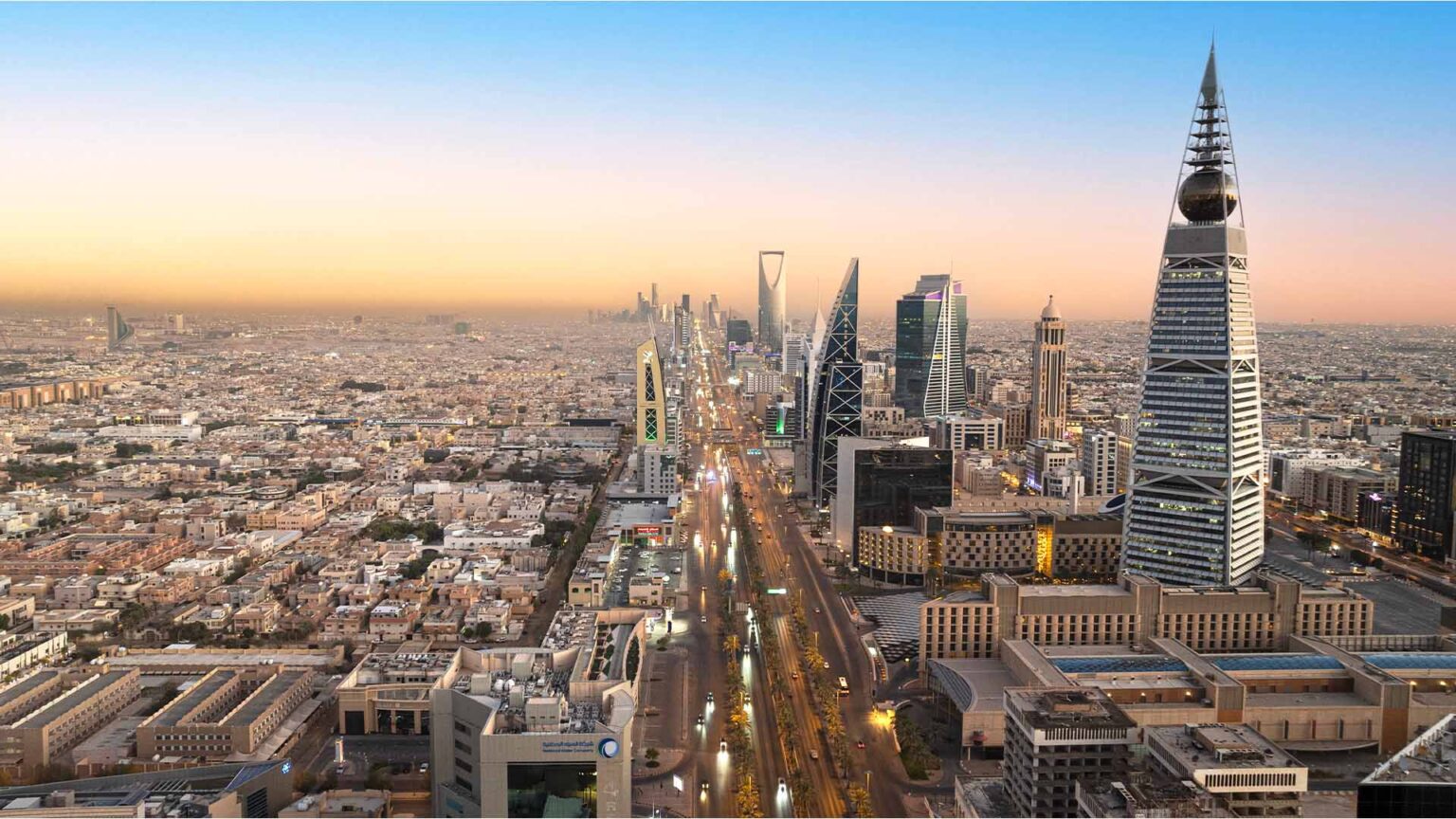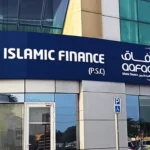Saudi Arabia is preparing to impose more stringent rules on foreign investors in real estate, requiring them to factor in higher tax expenses. As the government finds desirable locations that are accessible to foreign purchasers, the new law seeks to expedite foreign investment while guaranteeing adherence to fiscal principles. Although this action is in line with Vision 2030’s objective of increasing real estate transparency, some investors who are concerned about growing costs may be put off.
The government intends to identify some areas—with an emphasis on major cities like Riyadh, Jeddah, and NEOM—where foreign ownership would be allowed. According to analysts, these steps will draw in genuine investors and deter speculative purchases, guaranteeing the real estate market’s long-term prosperity. However, the added tax burden may slow demand compared to more tax-friendly Gulf markets like Dubai.
Experts warn that foreign buyers must now carefully evaluate long-term costs, including potential capital gains and transaction taxes. While Saudi Arabia’s property market offers high growth potential, the new financial obligations could reshape investor strategies. Developers may need to adjust pricing models to remain competitive amid these changes.
It will be vital to strike a balance between accessibility and regulation as Saudi Arabia expands its investment opportunities. The market is evolving, as indicated by the impending regulatory changes, but they also emphasise the necessity of precise rules to preserve investor confidence. The impact of these measures on Saudi Arabia’s thriving real estate market will be closely watched by the world.








